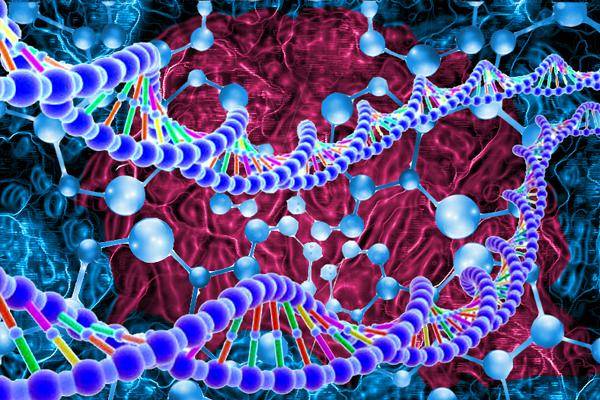Among the many myths about male charm, the claim that “the amount of leg hair is directly related to kidney health” is widely circulated, often causing many male friends to worry about it. In fact, this notion mostly stems from misconceptions of traditional beliefs and folk legends rather than scientific evidence. Today, let’s uncover this mystery, understand the real factors that affect the amount of leg hair, and stop blaming innocent kidneys for sparse leg hair!
Sparse leg hair means poor kidneys? Just a misunderstanding!
The statement “sparse leg hair might indicate poor kidney function” sounds reasonable, but in reality, the density of leg hair is not directly related to kidney health. The functional status of the kidneys is mostly assessed through medical means such as blood tests, urine tests, with indicators like creatinine levels, urine protein content being the scientific basis for determining normal kidney function. The amount of leg hair is actually determined by several factors:
1. Genetic factors
Genetics, the transmitters of the code of life, play a decisive role in the distribution of leg hair. Just as in families where there is a tradition of lush beards and dense body hair, the likelihood of individuals having dense leg hair is higher. Conversely, if the family generally has sparse body hair, individuals may also inherit this characteristic. In simple terms, by observing the leg hair situation of fathers or grandfathers, one may be able to predict to some extent.
2. Hormone levels
Male hormones, especially testosterone, are key factors in influencing the growth of body hair. Elevated levels of testosterone usually promote the growth of body hair, including leg hair. However, it is worth noting that sparse leg hair does not necessarily mean low testosterone levels because hair growth is also influenced by individual differences in follicle sensitivity to hormones. Some men, despite having normal testosterone levels, may still have sparse leg hair due to follicles being less sensitive to hormones.
3. Age
With increasing age, hormonal levels in the body undergo changes, which also affect the growth of leg hair. Around puberty, with the surge in sex hormone levels, males start to exhibit noticeable body hair growth, including leg hair. However, as one enters middle and old age, hormonal levels gradually decrease, leading to leg hair becoming sparse over time, which is a part of natural aging rather than a reflection of kidney problems.
4. Environment and lifestyle habits
Environmental factors, including climate, dietary habits, lifestyle, etc., indirectly influence the growth of leg hair. For example, prolonged exposure to cold environments may stimulate body hair growth for warmth, while residents in tropical regions may have relatively less body hair. Additionally, factors like malnutrition, excessive stress, although not directly impacting leg hair growth, may indirectly affect it by influencing hormone secretion.
5. Physical hair removal habits
For men with shaving or hair removal habits, prolonged physical removal of leg hair may irritate or damage the follicles, especially when improperly done. Frequent shaving or using hair removal creams, wax, etc., may cause hair to become coarse or alter the hair growth cycle, giving the impression of sparse leg hair. It’s important to schedule hair removal properly, choose gentle methods to maintain healthy leg hair.
6. Medical conditions
Specific medical conditions like hypothyroidism, pituitary disorders, and other endocrine imbalances may affect body hair growth, including leg hair. However, in such cases, sparse leg hair is usually accompanied by other symptoms and not isolated, often alongside other noticeable health issues. If such conditions indeed exist, prompt medical attention is necessary rather than self-speculation.
In conclusion, the amount of leg hair in males is a result of complex combined factors, not a direct indicator of kidney health. So, the next time you hear idle talk about leg hair and kidney function, just smile and take it with a scientific attitude to understand and care for your body. Maintaining healthy habits, regular check-ups are the key to maintaining kidney and overall health!
#In-depth Essay Plan#


